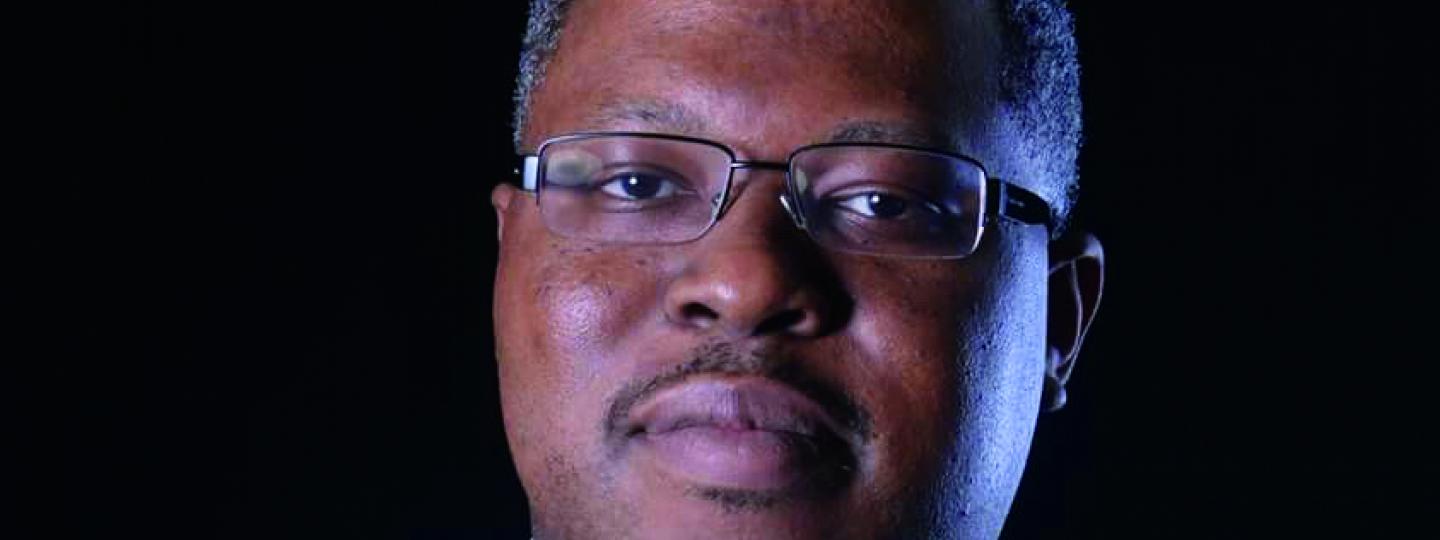Veteran Staff Spotlight: Alexander Okwonna


As Veterans Day approaches, San Jacinto College honors all of the men and women who have served and are currently serving our country. We thank you all for your service.
This month's staff spotlight highlights Dr. Alexander Okwonna, San Jacinto College South Campus dean of health and natural sciences. Okwonna served in the U.S. Army prior to beginning his career at the College as a pharmacy technology faculty member.
Q: Do you have a history of family serving in the military?
A: I am the first and only one in my family who has served so far.
Q: What was your job in the Army?
A: I was a sergeant (E-5) working as a 62E (Echo) MOS, Army heavy construction equipment
operator. Like all non-commissioned officers, we carried the most impact when it came
to training and supervising junior enlisted personnel in military life and personal
care.
Q: Where were you stationed?
A: I was primarily stationed at Fort Leonard Wood Army Base located in the beautiful
Missouri Ozarks.
Q: What did you enjoy most about serving in the military?
A: I really enjoyed getting to meet people from all around the U.S. and the world over.
I enjoyed bonding with others, the friendships, and the camaraderie.
Q: What was the biggest thing you learned about yourself in the Army?
A: I think it would be fair to say that before I joined the Army, I didn't really know
my limits. These days, very few of us have ever been really uncomfortable, really
tired, or in real pain. The mind starts to play tricks on you when you get to extremes
— it tells you that you can't go faster, can't keep running, can't push through the
barrier, but you almost always can.
Knowing that you have that capacity somewhere inside you not only gives you confidence
in whatever it is you're doing. It's also the difference between success and failure
and, for soldiers, often life and death.
Q: What was transitioning back to civilian life like for you? How did you navigate
your way through the workforce, college, everyday life, etc.?
A: Transitioning from military service to civilian life presents many challenges. Two
of the things that helped me with that transition were going from active duty to the
Army reserve, which made my transition into civilian life a springboard instead of
a stumbling block. It provided job security, money for education, travel (with the
exception of certain deployments), professional growth, and a sense a purpose. I also
had the support of my family, which was critical as well.
Q: How did the military play a part in your professional career?
A: Completing a doctoral degree is the most all-consuming thing you can do, and I wouldn't
have been able to get through it without the discipline the military instilled in
me. Running on little sleep, having a no-quit attitude, and persevering until the
end are all attributes I can trace back to my time in the military.
Q: How did your military experience help you as a faculty member and now as an administrator?
A: While in the military, I received a Certificate of Achievement for Outstanding Performance
as class leader. I learned everything about being a leader from military service,
including discipline, consistency, ethics, and respect. I also learned how to care
for others who are under my leadership. You can learn leadership and management skills
anywhere, but the Army gives you the opportunity to learn it when you're younger and
carry the lifelong lesson of caring about others.
